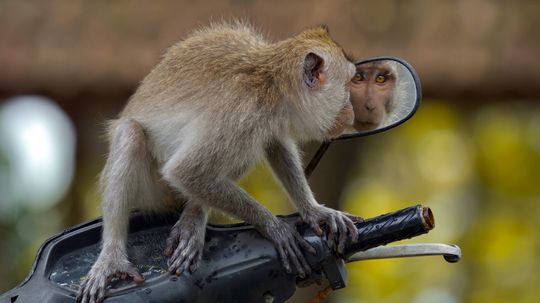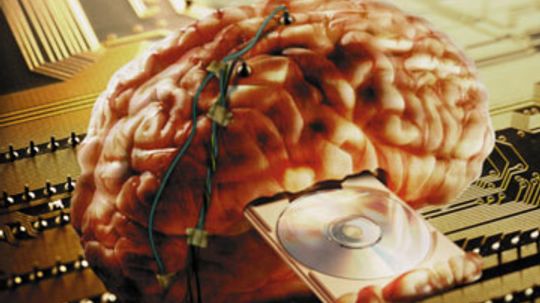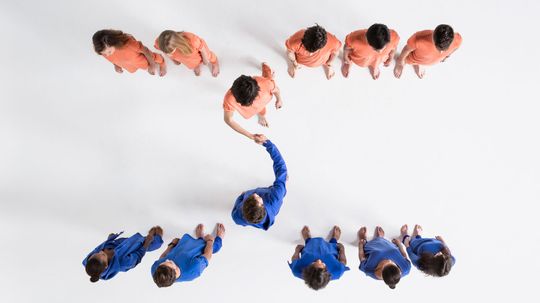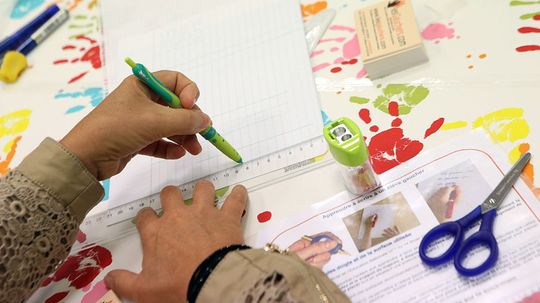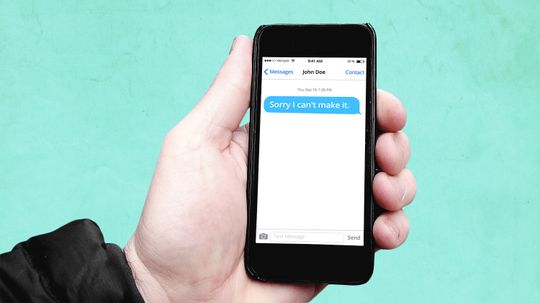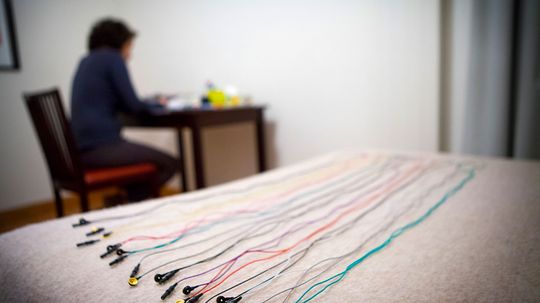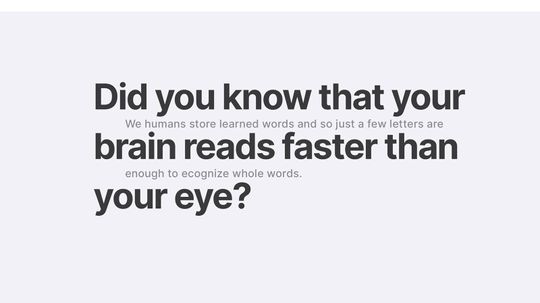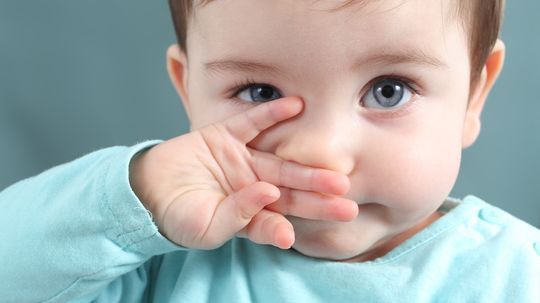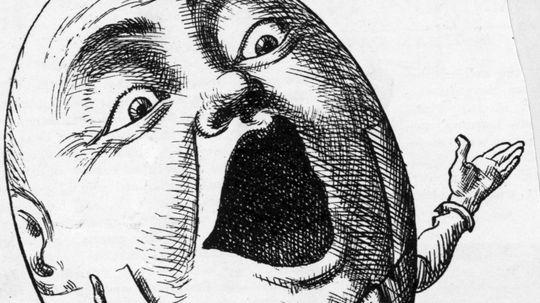The Human Brain
What are dreams really made of? Are humans the smartest animal? What causes schizophrenia? Travel inside the mind and find out how the human brain works.
Learn More / Page 4
Alcoholism can be difficult to spot. Learn the difference between heavy drinking and alcoholism, how alcohol affects the body, what factors may lead to alcoholism and what treatments are available for this addiction.
Dreams combine verbal, visual and emotional stimuli into mystifying storylines. Should we bother to interpret them? Are they random brain impulses, or do they offer insight into our waking lives?
The more you know about your memory, the better you'll understand how you can improve it. Get details on how your memory works and how aging affects your ability to remember.
Advertisement
Your co-worker just yawned in a meeting, and now everyone on his side of the table is yawning, too. Learn about what might've caused him to do it in the first place and why you're likely to yawn right along with them.
Collective hysteria can spread when a fear exists of exposure to a disease, combined with a contained environment. Learn more about collective hysteria works.
You've been looking forward to your European vacation for months. But the first few days of your trip, you're grouchy, exhausted and brain dead. Is there some way to prevent or cure jet lag?
Once scientists discovered that some members of the great ape family could recognize their reflections in mirrors, academics began to wonder whether these animals were actually conscious of themselves. That debate continues today.
Advertisement
We'd like to think we're pretty clever, but when you correct for body mass, dolphin brains aren't far off from our own. What cognitive skills do dolphins possess, and could they really be our intellectual equals?
Computers can handle far more calculations per second than the human brain, and can store and retrieve information very reliably. Should we be jealous of these hunks of silicon and metal on our desks?
Erosion and weather can combine to make rock formations look like all kinds of things, from human faces to animals. They're called mimetoliths and we've taken a look at four of the most famous.
Do we have a tendency to walk clockwise around the block? Why do sports favor counterclockwise rotation? Does it have anything to do with handedness or driving habits?
Advertisement
An extensive study looks at personal space in 42 countries, and how weather affects preferences.
Although left-handed people were thought to be "sinister" or "unnatural" in previous eras, we now know that left-handedness is natural for 10 percent of the population. And it can have some advantages over right-handedness too.
By Alia Hoyt
A series of studies showed that including the word 'sorry' in a rejection actually made the rejected person feel worse.
By Alia Hoyt
We often think that if a drug has been studied by scientists and given a favorable outcome, then it must be safe and proven. But many kinds of biases can creep into a study, rendering it less than effective.
Advertisement
A new study shows that belief in perceiving patterns correlated strongly with belief in conspiracy theories and the supernatural.
By Alia Hoyt
The Bionic Reading app has exploded in popularity. But can it really make you a speed reader?
We often throw around the word "insanity" for acts that seem to have no rational explanation (like a teacher giving an insanely difficult test). Legally speaking, though, it's actually a narrow term that's very difficult to prove in court.
By Chris Opfer
You're deep in dreamland when you hear an explosion so loud you wake up. But there's nothing outside or inside your house making the noise. What just happened?
By Sean Russell
Advertisement
Odd as it may seem, many antidepressants like Zoloft having warning labels about increases in suicidal thoughts. Why would that be? And how will you know if your medication is actually working?
When you see someone yawning, even in a picture, chances are a yawning urge will come over you, too. But is this also true of sneezing, and if so, why?
Most of us don't intuitively classify electroshocks as therapeutic, but this 1950s-era treatment has changed a lot since it was first introduced. When and why do mental health experts now turn to it?
The same characteristics that help turn songs into earworms also help our brains store important bits of information. Why does the human brain love mad rhymes?
Advertisement
Having a Ph.D., four stars on your general's uniform or a seat in the Oval Office won't necessarily stop you from doing things that make others want to whack you on the head with a "how could you?" Here are 10 who should've thought twice.
Newly minted parents do it. Night-shift workers do it. Men and women in the service do it, too. Could you trade a continuous stretch of sleep for a bunch of naps throughout the day, too?






